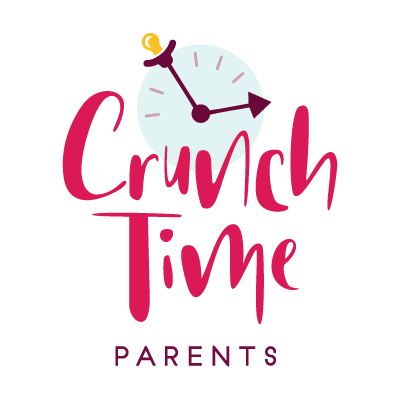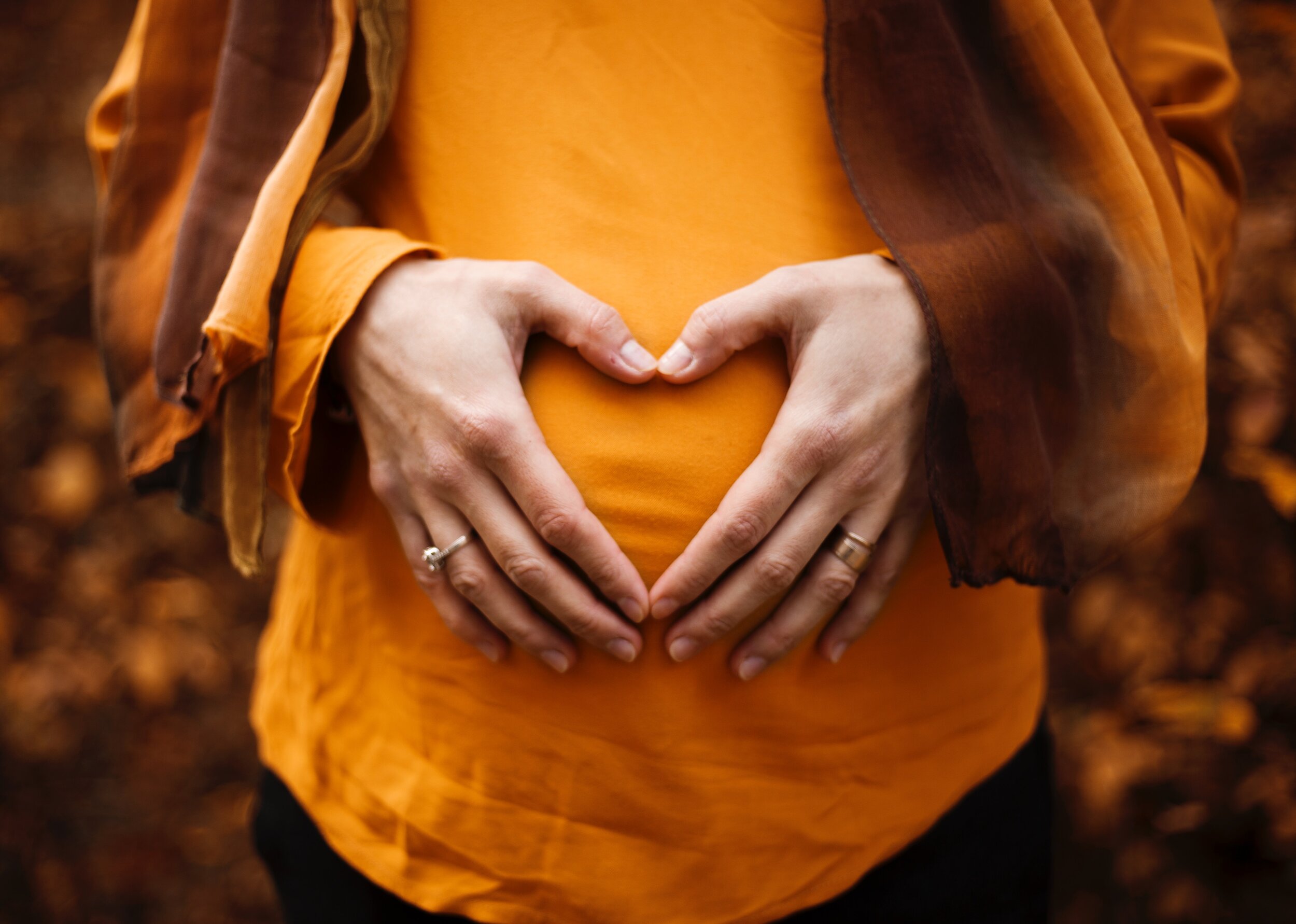The answer is none. That's my opinion anyway, and it remains that way after more than a week of running this question through my mind over and over again. Lots of celebrities lately are having kids well over 35, into their mid-to-late 40s and even beyond. And that raises the question: How are they all doing it? Are they conceiving naturally, and if so, how are this many of them beating the odds? Are they using reproductive technologies? If celebs can have kids later in life, does this mean everyone can? Inquiring minds want to know, and these questions are all valid—especially as women wrestle with the question of when to have kids ourselves, and how long we can afford to wait.
It would be ideal if celebs revealed everything about their journeys and struggles, but they have every right to keep that information private. After I posted a reaction here to a recent NYU study I read that faults celebs and magazines for not revealing more about stars' fertility and pregnancy struggles—a study I found to be misguided in its conclusions—I couldn't get the issue out of my head. Since celebrities' decisions about childbirth and everything else tend to have disproportionate influence, don't those stars owe us explanations about what they're up to? Especially if that info could keep many of us from trying to follow in their footsteps, with often devastating results?
It would be terrific if more celebs felt comfortable opening up about their childbirth stories, and if they could help bust the stigmas surrounding fertility and childbirth problems. But I still think the responsibility to inform and educate lies elsewhere, far from the pages of Cosmo and People. So I wrote another piece about this for Medium. I'm not sure if anyone agrees with me, and I may be a masochist for not letting it go. But I do believe the issue deserves a wider debate, in any case.
The Medium article is here. Please click the hand-clap icon at the bottom if you like or agree with it, or if you at least think the issue is worth a wider conversation. Thanks for reading!
Gwen Stefani photo by Jelizen via Wikimedia Commons.






























